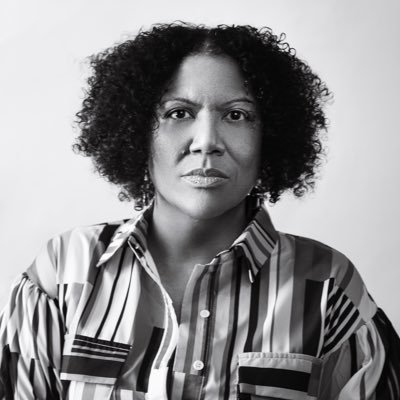Or a man who looks like him.
I only know I call him Daddy
(as all southern women
do until the day we die).
In my dreams he is still alive
and this is not a comfort.
I am my best when tragic.
Grief becomes me.
Daddy is more real in death,
eyes dark, undimmed
by the grave, smile less sincere.
Matter clings to his thick
eyebrows, his mouth spits mud
when he tries to talk. He is candid.
He tells me he liked my sisters better than me.
Most times I search for him in a crowd
of counterfeit Daddies.
I look for pieces of him.
An elbow. Black hair on the back
of a pale neck. If I find him,
I will say, Is that you?
I know you this time.
Published:
2000
Length:
Regular
Literary Movements:
Contemporary
Anthology Years:
2023
Themes:
Death & Loss
Family
Memory & The Past
Literary Devices:
Bleeding Title
when the title of a poem acts as the first line
Imagery
visually descriptive or figurative language, especially in a literary work
Metaphor
a comparison between two unrelated things through a shared characteristic
Rhetorical Question
a question asked for effect, not necessarily to be answered

